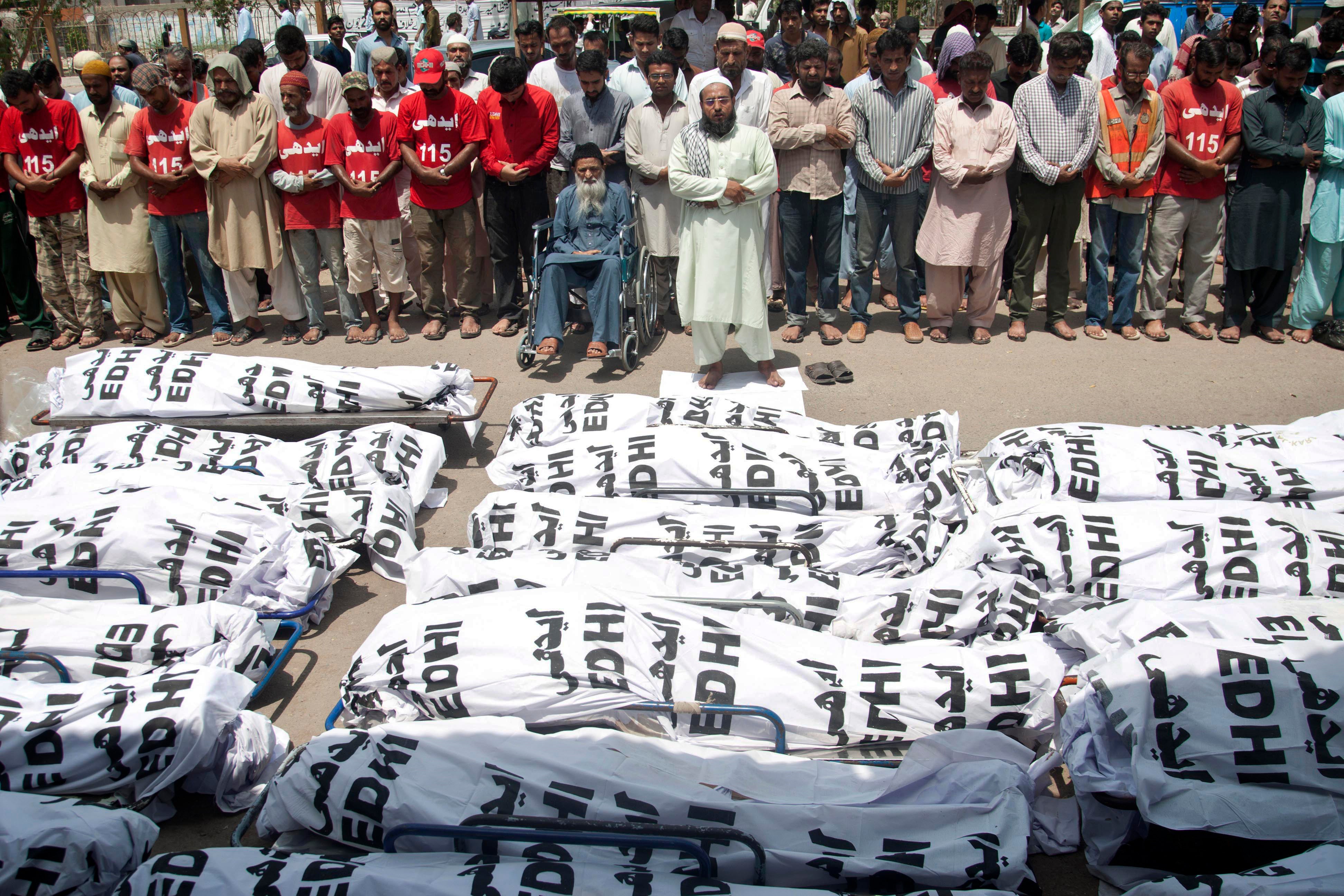Study blames climate change for 37% of global heat deaths
A new study has calculated that more than one-third of global heat deaths can directly be attributed to human-caused climate change

Your support helps us to tell the story
From reproductive rights to climate change to Big Tech, The Independent is on the ground when the story is developing. Whether it's investigating the financials of Elon Musk's pro-Trump PAC or producing our latest documentary, 'The A Word', which shines a light on the American women fighting for reproductive rights, we know how important it is to parse out the facts from the messaging.
At such a critical moment in US history, we need reporters on the ground. Your donation allows us to keep sending journalists to speak to both sides of the story.
The Independent is trusted by Americans across the entire political spectrum. And unlike many other quality news outlets, we choose not to lock Americans out of our reporting and analysis with paywalls. We believe quality journalism should be available to everyone, paid for by those who can afford it.
Your support makes all the difference.More than one-third of the world’s heat deaths each year are due directly to global warming, according to the latest study to calculate the human cost of climate change.
But scientists say that's only a sliver of climate's overall toll — even more people die from other extreme weather amplified by global warming such as storms, flooding and drought — and the heat death numbers will grow exponentially with rising temperatures.
Dozens of researchers who looked at heat deaths in 732 cities around the globe from 1991 to 2018 calculated that 37% were caused by higher temperatures from human-caused warming, according to a study Monday in the journal Nature Climate Change.
That amounts to about 9,700 people a year from just those cities, but it is much more worldwide, the study's lead author said.
“These are deaths related to heat that actually can be prevented. It is something we directly cause,” said Ana Vicedo-Cabrera, an epidemiologist at the Institute of Social and Preventative Medicine at the University of Bern in Switzerland.
The highest percentages of heat deaths caused by climate change were in cities in South America. Vicedo-Cabrera pointed to southern Europe and southern Asia as other hot spots for climate change-related heat deaths.
Sao Paulo Brazil, has the most climate-related heat deaths, averaging 239 a year, researchers found.
About 35% of heat deaths in the United States can be blamed on climate change, the study found. That’s a total of more than 1,100 deaths a year in about 200 U.S. cities, topped by 141 in New York. Honolulu had the highest portion of heat deaths attributable to climate change, 82%.
Scientists used decades of mortality data in the 732 cities to plot curves detailing how each city’s death rate changes with temperature and how the heat-death curves vary from city to city. Some cities adapt to heat better than others because of air conditioning, cultural factors and environmental conditions, Vicedo-Cabrera said.
Then researchers took observed temperatures and compared them with 10 computer models simulating a world without climate change. The difference is warming humans caused. By applying that scientifically accepted technique to the individualized heat-death curves for the 732 cities, the scientists calculated extra heat deaths from climate change.
“People continue to ask for proof that climate change is already affecting our health. This attribution study directly answers that question using state-of-the-science epidemiological methods, and the amount of data the authors have amassed for analysis is impressive,” said Dr. Jonathan Patz, director of the Global Health Institute at the University of Wisconsin.
Patz, who wasn’t part of the study, said it was one of the first to detail climate change-related heat deaths now, rather than in the future.
___
Read stories on climate issues by The Associated Press at https://apnews.com/hub/climate.
___
Follow Seth Borenstein on Twitter at @borenbears.
___
The Associated Press Health and Science Department receives support from the Howard Hughes Medical Institute’s Department of Science Education. The AP is solely responsible for all content.
Subscribe to Independent Premium to bookmark this article
Want to bookmark your favourite articles and stories to read or reference later? Start your Independent Premium subscription today.